

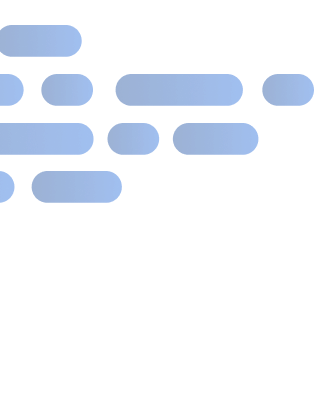
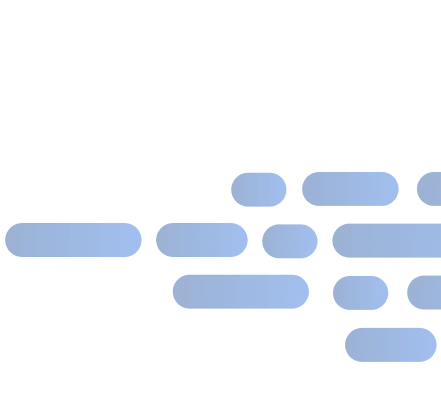
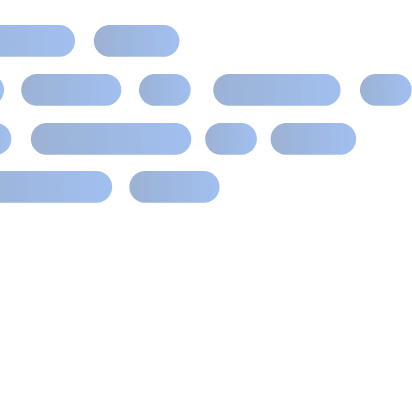
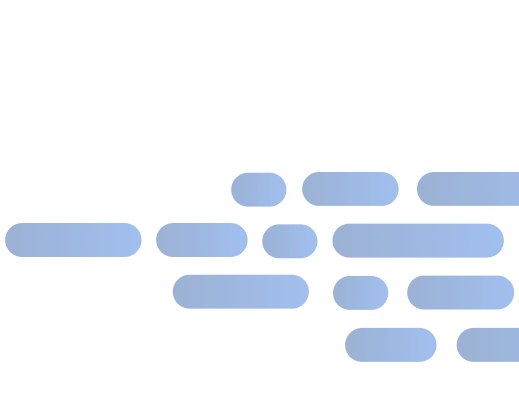


HHS Finalizes Rule on Information Blocking: What it Means for Greenway Clients


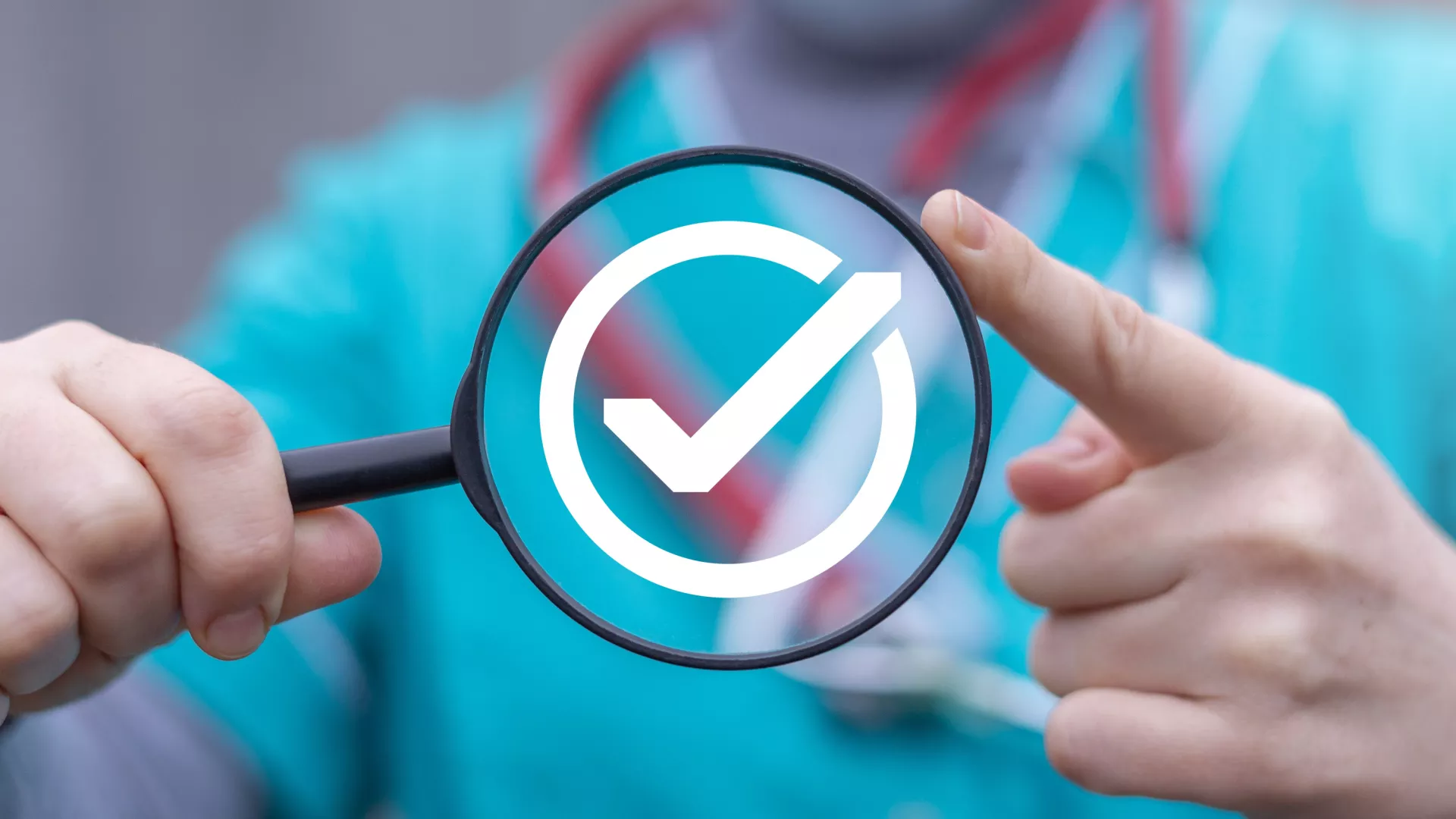
On June 24, the Department of Health and Human Services (HHS) finalized a rule aimed at reducing information blocking by healthcare providers. This final rule uses the authority granted by the 21st Century Cures Act to establish disincentives for healthcare providers who knowingly engage in practices that interfere with, prevent, or materially discourage the access, exchange, or use of electronic health information (EHI), unless legally justified or covered by regulatory exceptions.
The objective of this final rule is to ensure that patients always have access to their health information, allowing healthcare teams to make well-informed decisions. By facilitating the appropriate access and exchange of health information, the rule seeks to improve care coordination and efficiency while protecting patient privacy.
Impact on Greenway Health Clients
If you are a Greenway Health client participating in a shared savings program like the Merit-Based Incentive Program (MIPS), Accountable Care Organizations (ACOs), or other alternative payment models, your reimbursements could be impacted if the Office of the Inspector General (OIG) determines you have engaged in information blocking.
For MIPS-eligible clinicians (ECs), an information-blocking charge means they will not qualify as a meaningful electronic health record (EHR) user during the year the OIG issues its decision to the Centers for Medicare & Medicaid Services (CMS). Consequently, ECs will receive a zero score in the MIPS Promoting Interoperability category for that year, which typically accounts for 25 percent of the total MIPS score, impacting their overall performance rating unless an exception applies.
Additionally, healthcare providers participating in an ACO will be ineligible for the Medicare Shared Savings Program for at least one year if it is determined they engaged in information blocking. As a result, they may lose revenue they would have otherwise earned through the program. This rule will take effect 30 days after its publication in the Federal Register and will not apply retroactively.
What You Can Do to Protect Yourself
To avoid the risk of being charged with information blocking, providers and practices can take several proactive steps:
- Understand the Final Rule and Regulations: Familiarize yourself with the specifics of the final rule as established by the 21st Century Cures Act. Stay informed about changes and expansions to EHI definitions and compliance requirements.
- Communicate and Educate: Ensure that leadership within your practice supports and empowers team members to comply with the regulations. Communicate clearly what compliance looks like and provide EHR-specific resources.
- Engage Key Stakeholders: Form a multidisciplinary team including clinicians, IT experts, and compliance officers to oversee compliance strategies. Ensure all relevant parties are informed and equipped to handle their responsibilities.
- Utilize Available Resources: Regularly review resources from the Office of the National Coordinator for Health Information Technology (ONC) and CMS to stay updated on timelines, certification requirements, and rule applicability.
- Review and Update Practices: Assess your current EHI practices, policies, and system functionalities. Identify potential risks and develop strategies to mitigate them. Ensure Application Programming Interfaces (APIs) are in place to support data sharing.
- Document Exceptions: Prepare for scenarios where exceptions to information sharing might apply. Develop clear documentation processes and train relevant staff.
- Monitor and Audit: Regularly monitor your information sharing practices and conduct audits to ensure compliance. Address any issues promptly.
- Respond Promptly to Requests: Establish a system to ensure timely responses to requests for electronic health information from patients and other healthcare providers.
Additional Information
This HHS rule complements the OIG’s rule from June 2023, which established penalties for non-provider entities like health IT developers and health information exchanges involved in information blocking. These entities could face fines of up to $1 million per violation.
For further details about this regulation, visit the HHS website. The Medical Group Management Association (MGMA), the American Medical Association and the Electronic Health Record Association weighed in here.
For comprehensive guidance on complying with the 21st Century Cures Act, visit Greenway Health's 21st Century Cures Act Resources page.